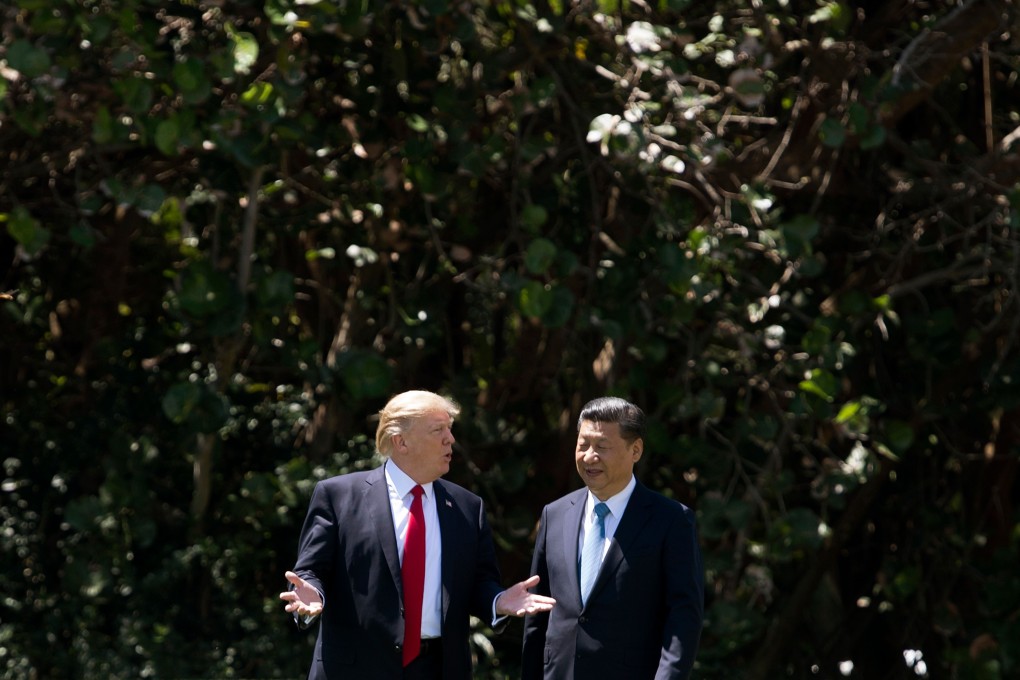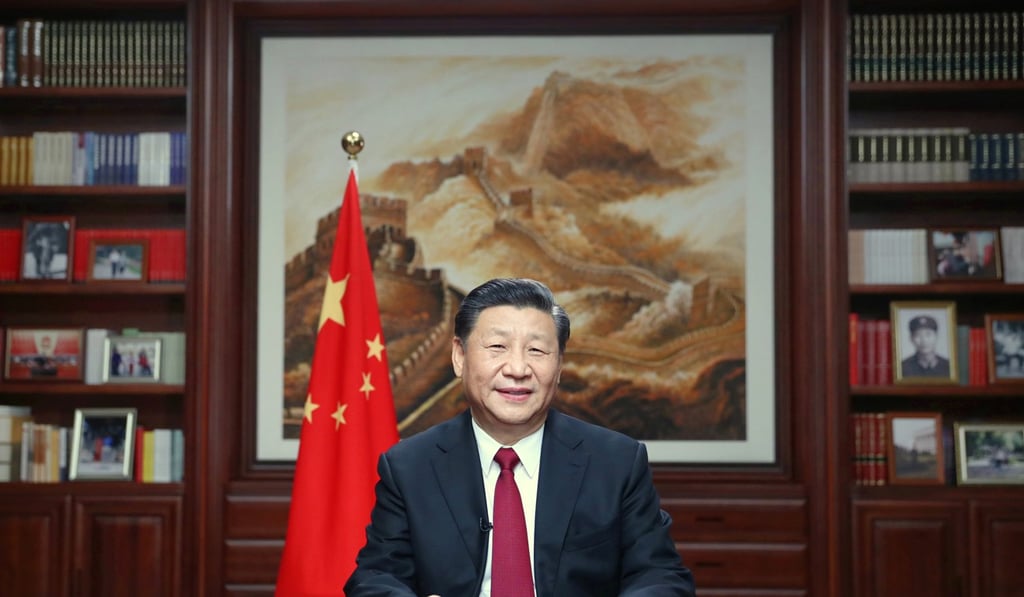City Beat | ‘Foreign forces’ can be a double-edged sword in tackling Hong Kong protest crisis
- Unconventional style of US President Donald Trump could provide Beijing with an opportunity for dealing with unrest
- City’s future is playing out in the wider context of US-China relations

US President Donald Trump must be the most unconventional world leader China has had to deal with.
While claiming a “great” friendship with Chinese counterpart Xi Jinping, it was he who waged the massive trade war between the world’s two largest economies.
Then, when a phase-one truce was finally agreed upon, he forecast a signing ceremony between himself and Xi, adding he would also visit China even though Beijing has yet to extend a formal invitation to him.
Trump’s Twitter diplomacy is something extraordinary to China, a country that prefers to follow all necessary diplomatic protocols. But, somehow, Trump’s unconventional style could provide Beijing with an opportunity to make use of the double-edged sword of “foreign forces” when tackling the political crisis in Hong Kong.

The personal rapport between Trump and Xi, to a certain extent, is seen as the last “secret weapon” to ease bilateral tensions at some critical junctures.
